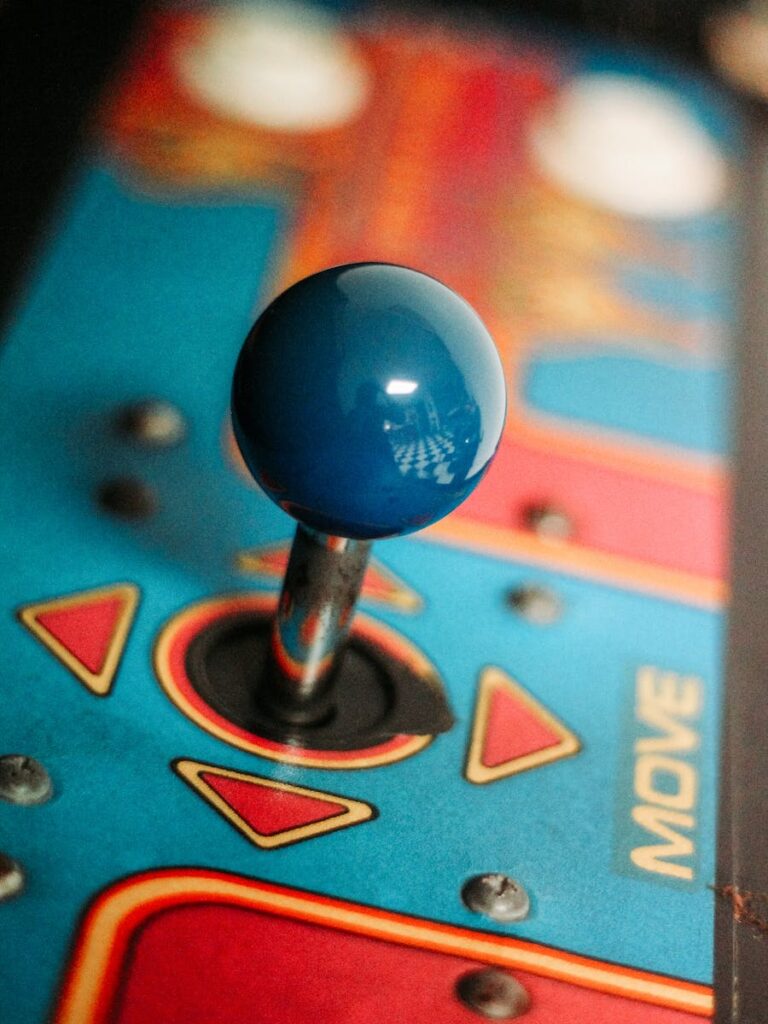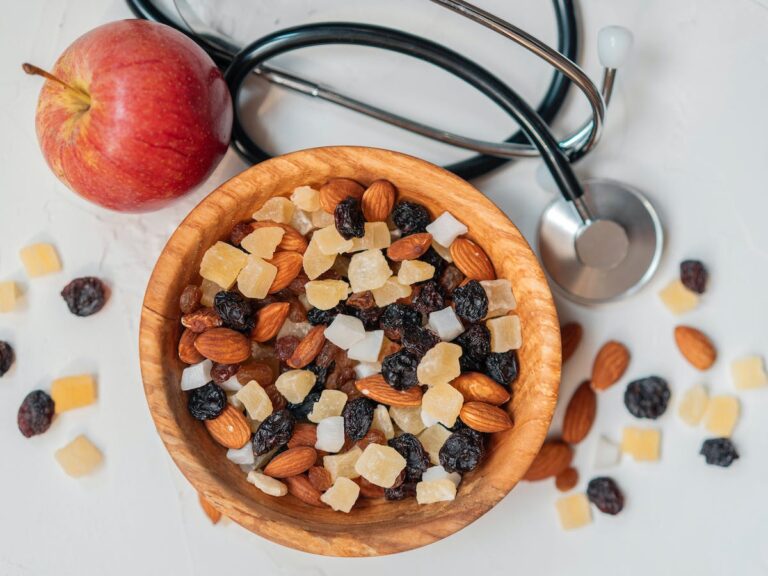Sweet Escape from the Bitter Effects of Sugar
Why do we find ourselves reaching for sugary and fatty foods, even though we know they might not be the best for us?What’s behind this preference, and what factors make these foods so irresistible?
Why are you craving for sugar?
People are naturally drawn to sugar for several reasons, which can be rooted in both evolutionary and psychological factors. Here are some explanations for why people tend to enjoy sugar:

- Quick energy source: Sweetness is linked to energy-rich foods, crucial for evolutionary survival when food was scarce. Sugar converts into glucose giving fast energy.
- Brain reward system: Sugar triggers the release of dopamine, creating a pleasurable sensation and reinforcing the desire for sweet foods.
- Cultural and social influences: Positive associations with sweet foods in celebrations and social gatherings impact preferences.
- Stress and emotional comfort: Sugar consumption is linked to mood-boosting endorphin release, hence providing emotional comfort.
- Adaptation and conditioning: Regular sweets consumption leads to a conditioned desire for the pleasurable effects of sugar.
- Tastiness: Sugar boosts flavor, making foods more enjoyable.
How is something as good as sugar bad for your body?
Not everything that people enjoy is inherently bad for the human body; it’s more about moderation and balance. Excessive use of added sugars can have negative effects on the human body, leading to various health issues.
I will give you 5 big reasons to want to quit eating sugar:
- Weight gain: Consuming too much sugar, including in the form of sugary drinks and snacks, is linked to weight gain and obesity. Excess weight can contribute to various health problems, including diabetes and cardiovascular diseases.
- Physical health issues:
- Insulin resistance: High sugar consumption can lead to insulin resistance and increase the risk of type 2 diabetes.
- Heart disease: Diets high in added sugars are associated with an increased risk of heart disease, hypertension, and inflammation.
- Fatty liver disease: Excessive sugar, especially fructose, is linked to non-alcoholic fatty liver disease.
- Dental issues: Sugar promotes the growth of harmful mouth bacteria, leading to cavities and dental problems.
- Skin premature aging: High sugar intake can lead to inflammation, collagen breakdown and a process called glycation, all favoring acne, loss of skin elasticity and premature wrinkles.
- Mental health issues: Some studies suggest that a high-sugar diet may be linked to an increased risk of depression and other mental health issues. The relationship between sugar and mental health is complex and depends on various factors.
- Low energy levels: While sugar provides a quick energy boost, it is often followed by a crash in energy levels. This can lead to mood swings, irritability, and fatigue.
Natural sugars in whole foods (like fruits) are less concerning than added sugars in processed foods. Moderation and a balanced diet are key for overall health. If in doubt, consult a healthcare professional or dietitian for personalized advice.
What next?
Breaking away from the habit of eating sugar often requires conscious effort, awareness, and a commitment to making healthier choices.
The first step is to get awareness about the effects of sugar excessive consumption on your health. The second step is to commit to yourself to more mindful and balanced eating habits. Because once you decide that you want to do it, nothing can stop you!

For a first step in this direction I propose you a 7-Day No Sugar Challenge. This challenge is all about becoming besties with your food.
7-Day No Sugar Challenge: What and How?
WHAT we want to do is to eliminate added sugars from your diet for 7 days. This includes refined sugars, artificial sweeteners, and hidden sugars in processed foods.
By the end of the challenge, you will become aware of food ingredients so you can make better, conscious choices further. You will find healthy alternatives of delicious food and drinks, that are also good fuel for your body. Also you may experience better mood, and you can expect increased energy levels, clearer skin, and potential weight loss.
And HOW do we do that? Here are some tips for success:
1. Partner with someone close to you, a friend, your kids, your boyfriend or husband, to motivate each other and to share impressions.
2. Preparation is the key. If you don’t have healthy food and snacks alternatives at hand, but instead your kitchen cabinets are stuffed with cookies, chocolate, chips, sugary breakfast bars and sweetened cereals, you are more likely to give in to the old habits.
3. Use a journal to track your progress, write down your challenges or highlights of each day.
4. Read my 7-Day No Sugar Challenge post to find:
- challenge preparation step-by-step
- foods to avoid and their healthy alternatives
- all you need to do in a day for the challenge
- your 7-Day No Sugar Challenge Journal – free printout!
Let’s embark on a mindful eating journey for a whole week!

Remember to consult with a healthcare professional before making significant dietary changes, especially if you have underlying health conditions.







This is a really difficult task! 🥸